It was October 2013; I remember this month with so much pain in my heart. My family had just lost one of our finest — perhaps the finest of us, to the cold hands of death, aided by the failing Nigerian medical system. She was my aunt, who doubled as a mother. She was clearly the best caretaker I had as a young boy. After her death, all we had was a festival of tears.
In the midst of this festival, I did not break a tear. I watched my mother, cousins, siblings break down into pools of tears, it was too much pain to bear, but I could not cry. As a kid, anytime I took ill, she was the one taking care of me, and when I cried, she would ask me to be strong, and not to cry. She promised that all will be well. She gave me, on many occasions, the reason to live. When I tried to cry after her death, I would hear “Mayowa, be strong, don’t cry”.
Today, almost five years after, I am still on a journey to closure. I have not got past it. That gloomy October, she collapsed and was rushed to the University College Hospital (UCH), where she was a chief nursing officer, but the doctors were on strike. It was one of the many industrial actions by health workers in Nigeria. The country’s “biggest and best” hospital was not admitting anyone.
They referred us to private hospitals in other parts of the city. We insisted that she was one of theirs, and turning her down when she needs the system she dedicated the major part of her life to, will be the gross injustice. After some back and forth, she was taken in. By this time, she had slipped into a coma. She died a few days later. The system she dedicated her life to, failed her.
Advertisement
THE STRUGGLES OF A NIGERIAN DOCTOR
Last week, we considered what exactly doctors are doing in Nigeria, considering how green the pastures are across the Atlantic. We found that 5,264 Nigerian doctors were working in the United Kingdom. And in the last seven days, that number increased to 5,280 — 16 Nigerian doctors started practicing in the UK within the past week, showing the pace at which we are losing doctors in Nigeria. Via Twitter, Facebook, WhatsApp, Linkedin and the comment sections of TheCable and Saharareporters, I got feedback from Nigerians home and abroad. Some doctors in the US and Canada sent me DMs on Twitter, explaining some of the issues with medics in the country. One Nigerian quipped, what exactly is a Nigerian doing in Nigeria?
The biggest challenge for me came from those who asked me to proffer solutions to the medical problems in Nigeria. To these group of people, I wish I had it all figured out, but I do not. I, however, plan to share my thoughts on the struggles of the healthcare worker in Nigeria and the dangers ahead.
The struggle starts in SS3. For a very few of us, it starts earlier. When filling JAMB forms in SS2 or SS3, many young and bright Nigerians aspire to become doctors; they apply for medicine, dental surgery, physiotherapy and many other medical disciplines. In the unified tertiary matriculation exams (UTME), you are expected to score 260 to 320 to study medicine. In the post-UTME exams conducted by universities, you are expected to score 70+ to get a place on any of these disciplines. Those who fall short are abandoned to study Zoology, Botany, Biochemistry, or at best Veterinary Medicine. This is where we begin to lose a critical mass of would-be medical doctors.
Advertisement
The select few, who go on to medicine and the likes, face the demons in the seven-year system. Only a few months ago, medical students in the University of Ibadan were protesting a fee hike in white lab coats. These students study day and night, write bulky exams, run steeplechase, face viva, and more often than not, seven years in school transforms into 10 years. At the end of all these, they still end up with poor practicing conditions.
A DATE WITH SOLUTIONS OR A FESTIVAL OF TEARS?
In the search for solutions, I consulted a number of doctor friends and researched many of the World Health Organisation (WHO) country reports on Nigeria, and there is no clear-cut solution.
One of the solutions to the shortage of doctors in Nigeria, as prescribed by WHO is the Task Shifting Policy, which saddles Community Health Workers (CHEWs) with the responsibility of running basic healthcare duties where doctors, nurses, pharmacists and other professionals are not available. But this policy is challenged too. The government in these underserved places now prefer CHEWs to the real professionals, because they are cheaper to pay. So these people did not study to be doctors or nurses, but they are seen as doctors by unsuspecting patients. This has its dangers.
There is a brewing tragedy in the mental health cycle in Nigeria. According to WHO, Nigeria has one psychiatrist for one million people. Yes, 1 to 1,000,00. The entire country has just 1,460 psychiatric nurses. So how do we deal with mental health issues? Just how? These things are just unbelievable!
Advertisement
Researching into healthcare in Nigeria over the past few months has drained me emotionally and mentally. The saddest part of any crisis is to be unaware of the crisis. There is a crisis on our hands and we do not see it!
The solutions I see lie in the development of the entire Nigerian system. My doctor friends want to go abroad because the pay is good, the working conditions are humane, their children can get quality and free education, there is power (electricity) to achieve set goals, and the most basic amenities are not privileges but rights.
In the light of Brexit and the looming crisis in the UK National Health Scheme (NHS), the UK is reviewing its immigration policy to lure more nurses and doctors from across the world — Nigeria is a “sweet target”. Canada is implementing a Federal Skilled Workers Programme to cherry pick the best of minds across the world, and our medics are moving over in droves, yet Nigeria is running business as usual during a health emergency! Wake up!
I lost a mother during the 2013 medical strike, and we had a festival of tears. Healthcare workers have been on strike for weeks now in Nigeria, many families have lost more, and have been plunged into inexplicable sadness as JOHESU and the federal government bicker on demands. Today it is a number of families across the nation. If this trend continues, soon, Nigeria will have a full-fledged festival of tears.
Advertisement
Nigeria, save a tear… while you can.
You can reach Tijani on Twitter, and across major social media platforms @OluwamayowaTJ
Advertisement
1 comments

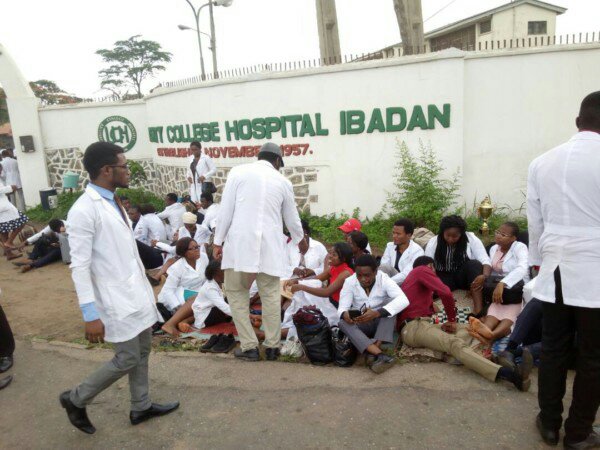
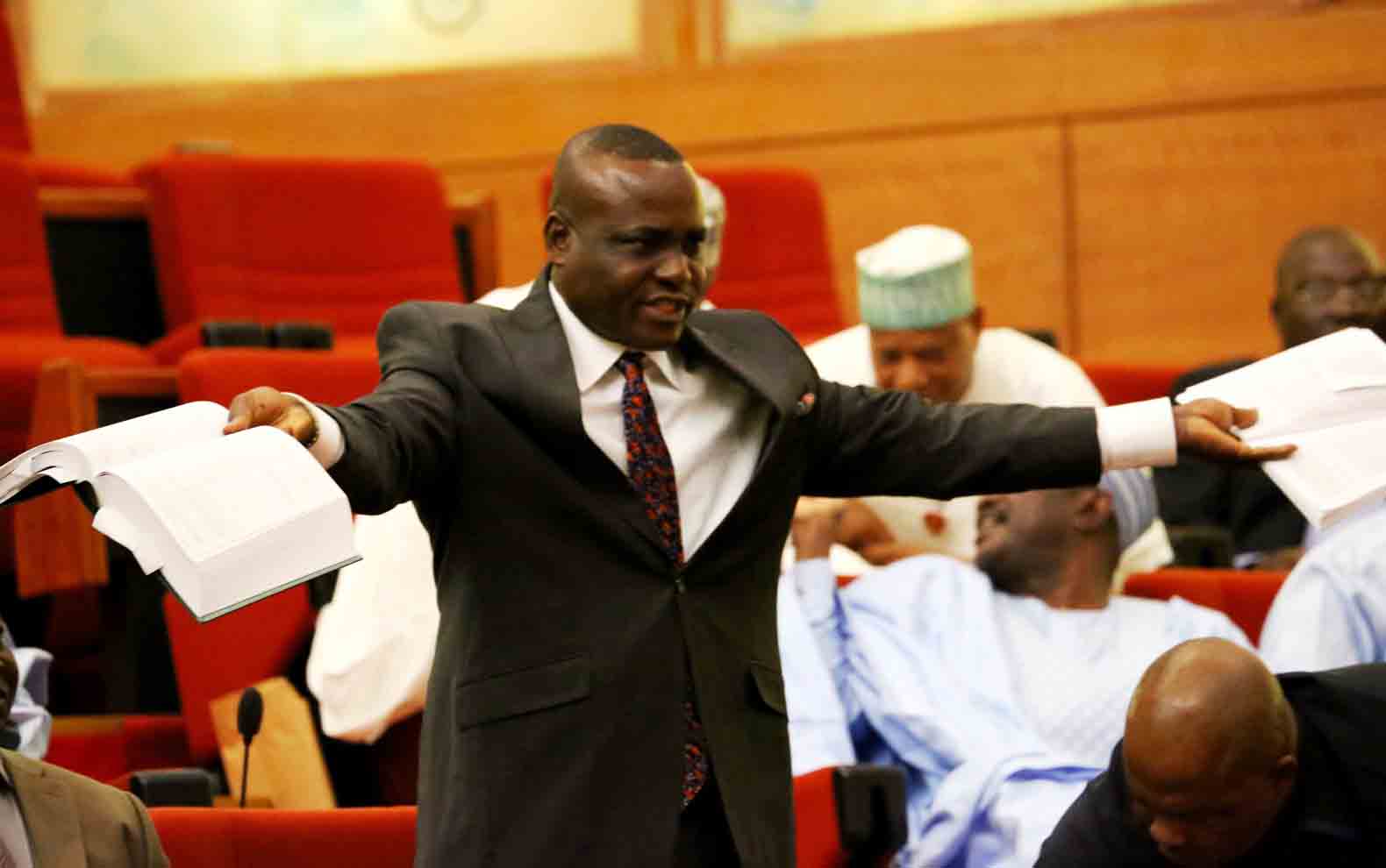
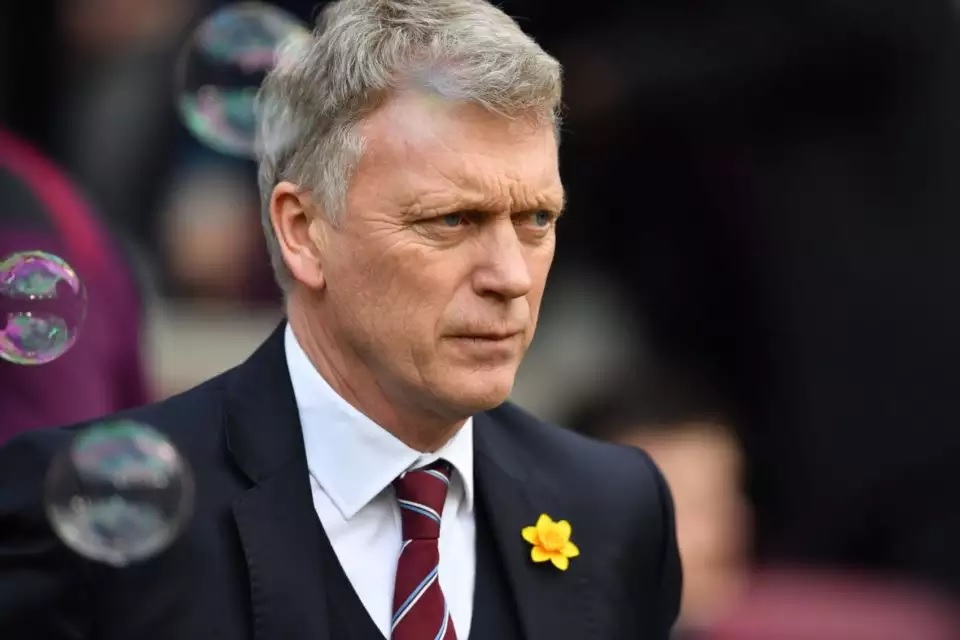
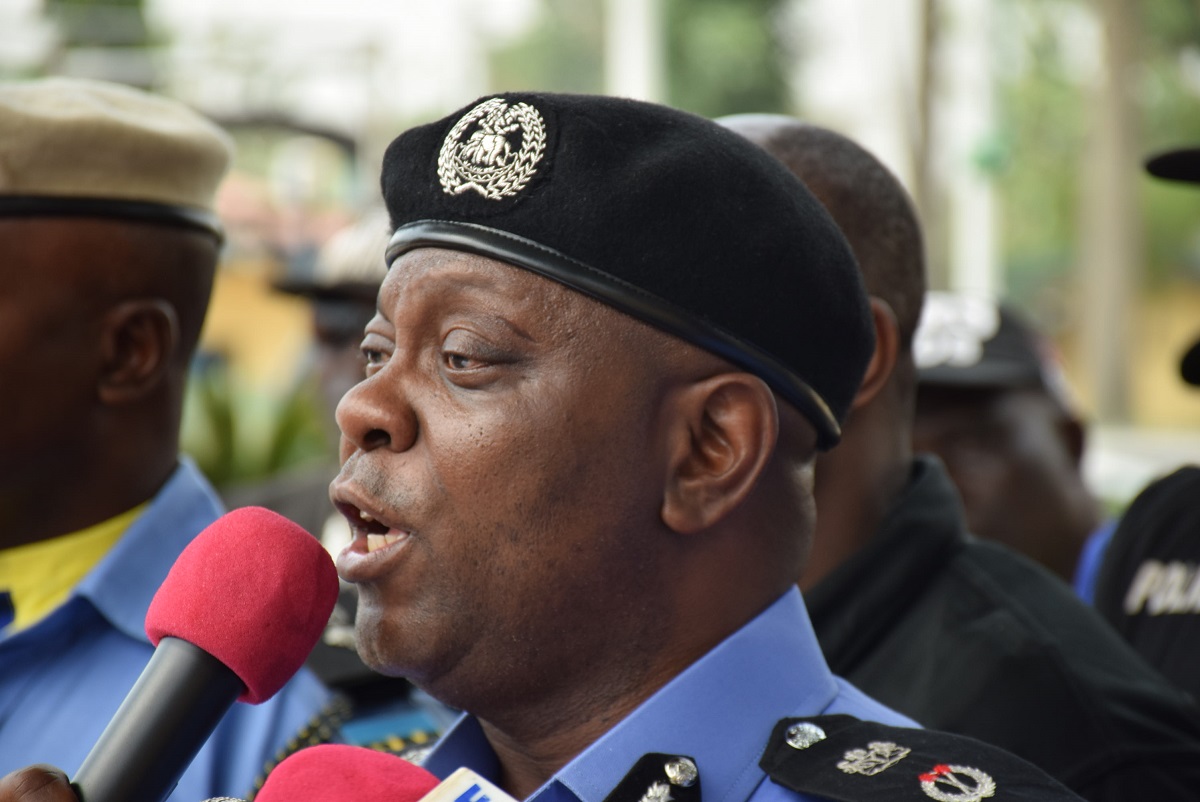
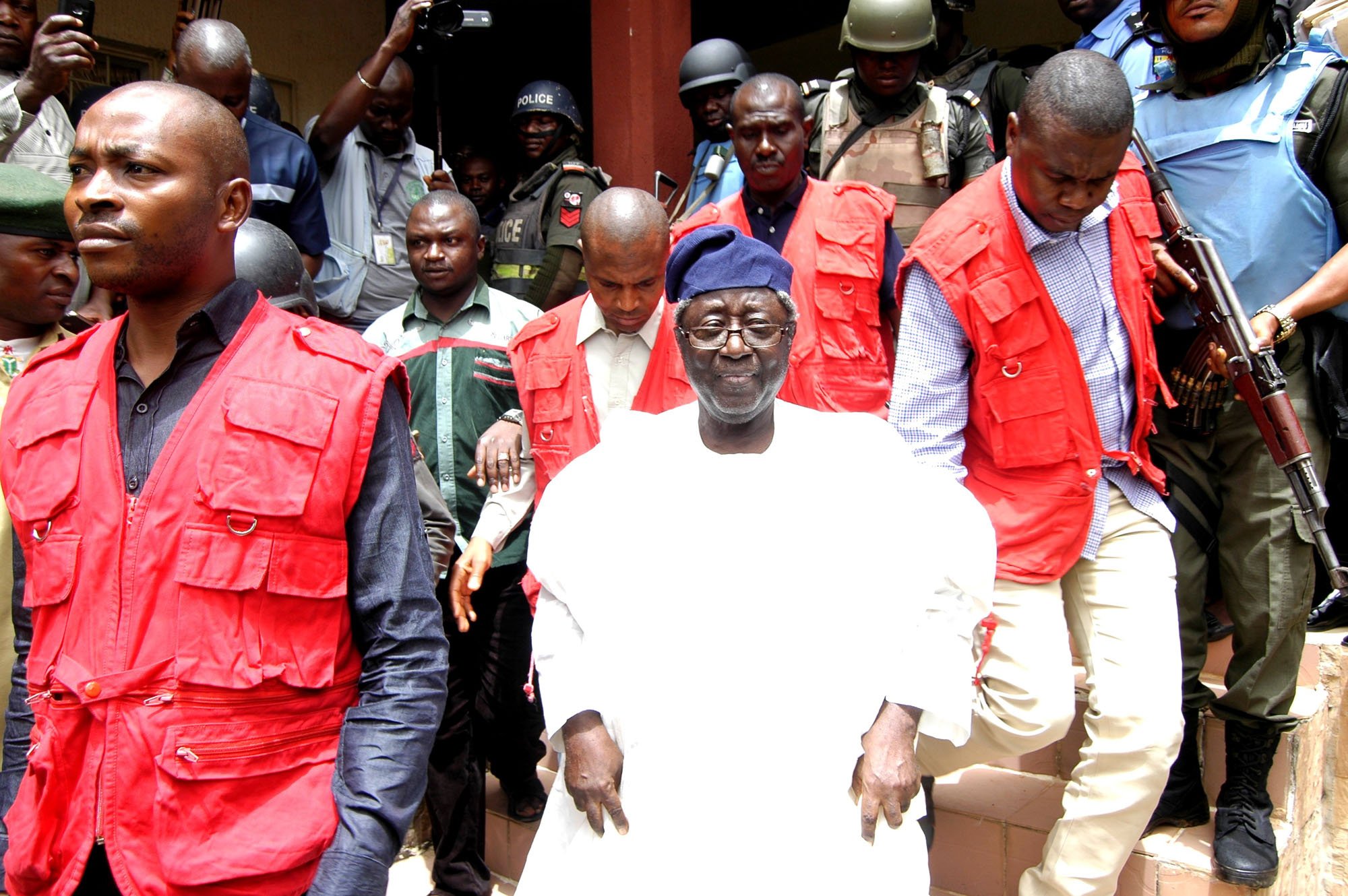

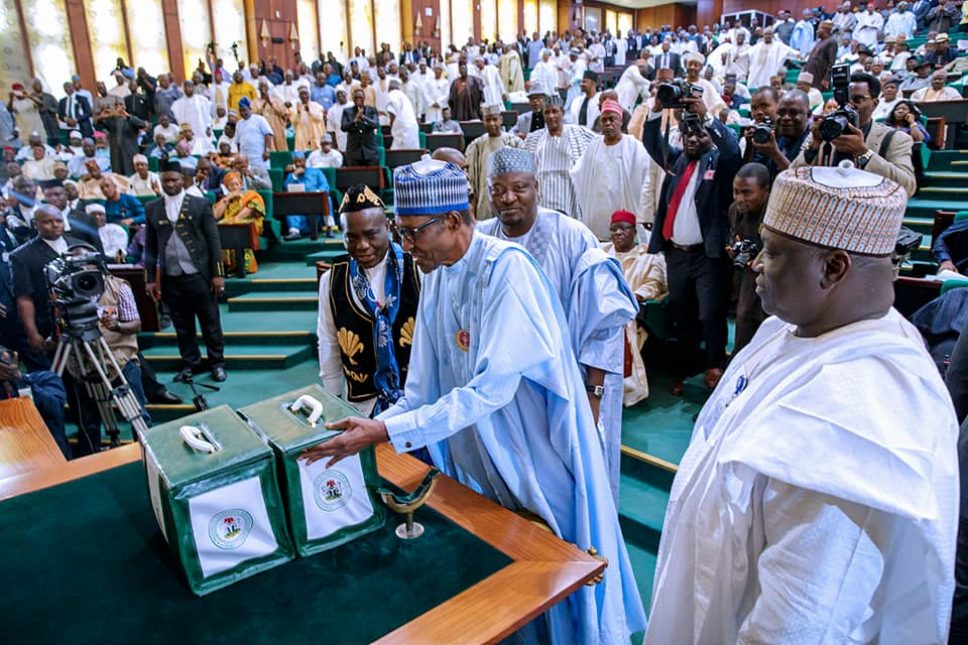
When the head is bad… what we need now is good heads in politics. So stand up, go stand for elections in 2019. That’s only we can change this